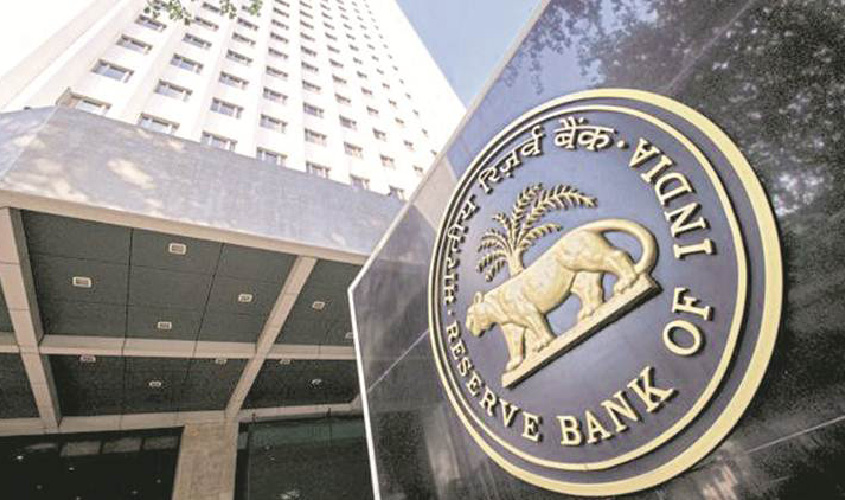It is not just the branch managers and bank officials who are under stress, the auditors too are feeling the pressure.
The auditing of bank branches, especially those which have a high loan exposure, has become more stringent because of the embarrassment that the RBI suffered as a result of the Nirav Modi scam. In the Nirav Modi scam, the RBI had received allegations from every quarter of failing to detect the massive fraud for many years.
The RBI monitored statutory audit, which takes places in April and focuses on bank branches who have a large credit exposure, is causing a lot of headache to both of them now as they are under a lot of pressure to make sure that no fraud is “missed” or ignored. Till last year, the audit was treated as a mere formality by both the auditors and the branch managers.
Bank officials and auditors who spoke to The Sunday Guardian said that unlike the previous years, this time, virtually every file is being checked and doubts red-flagged. According to them, now every detail in the accounts book was being looked into and questioned by the auditors.
“Till last year, the audit used to get over within four to five days and the auditors would ask us to give them five random loan files out of the hundreds we have, and, in most cases, they ignored the technical errors which many times classify a good account as something on the way of becoming an NPA. However, this time, the audit has been going on for seven days and it is expected to last till April mid. Every file is being checked and minute technical errors too are being flagged (like the missing date of birth of the borrower). This stringency is being reported by my colleagues who are posted across other branches of India,” said a 2008 batch probationary officer, who is working as a credit officer at an SBI branch in Madhya Pradesh.
Similarly, a branch manager with a private bank in Noida’s Atta market too said that the auditing this time was being done in the “real sense”.
“Earlier, we used to treat it as a normal process but now we are feeling the pressure of it. The The auditors who have come here said that they have been instructed to check every files and report it rather than ‘sit on it’ or go by the excuses that are given by branch officials. We expect much more number of ‘technical frauds’ will be identified by the end of the auditing,” she said.
Among those who had attacked the RBI for failing to detect the Modi fraud includes Central Vigilance Commissioner K.V. Chowdary, who recently said there had been “no apparent audit” by the central bank during the period of the scam. Earlier, Union Finance Minister Arun Jaitley had in February slammed regulators for failing to detect the fraud, saying that unlike politicians, regulators in the Indian system were unaccountable.Audit of banks is governed by the provisions of section 30 of the Banking Regulation Act, 1949. As per the provisions of this section, previous approval of Reserve Bank of India (RBI) is required for appointment of auditors for conducting annual audit, which is also referred to as statutory audit.
Further, section 35 of the Banking Regulation Act provides that the RBI may inspect any banking
It is not just the branch managers and bank officials who are under stress, the auditors too are feeling the pressure as they have been told that in case a fraud is detected in the branches that they had already audited, they will be made accountable, not just the branch officials.
After the Nirav Modi scam broke, the RBI asked the banks to recall its master circular on “Assessment of performance of statutory auditors”, in which the banks were supposed to share the performance of the auditors with the RBI through a detailed questionnaire that was created and introduced by the RBI in 2004.
This feedback system, however, was treated as a mere formality by the banks and the feedback that was received from banks on the quality of audit was very general in nature and did not contain detailed observations/recommendations. The RBI has now issued fresh instructions to banks to take the questionnaire seriously and share a detailed report on the quality of auditing.
As per government data, in 2016-2017, a total of 5078 instances of fraud (involving more than Rs 1 lakh) were committed in banks in India with ICICI accounting the most of it (686), followed by SBI (544) and HDFC (313). In the previous year, too, ICICI had topped the chart (588), followed by SBI (562) and HDFC (260).

